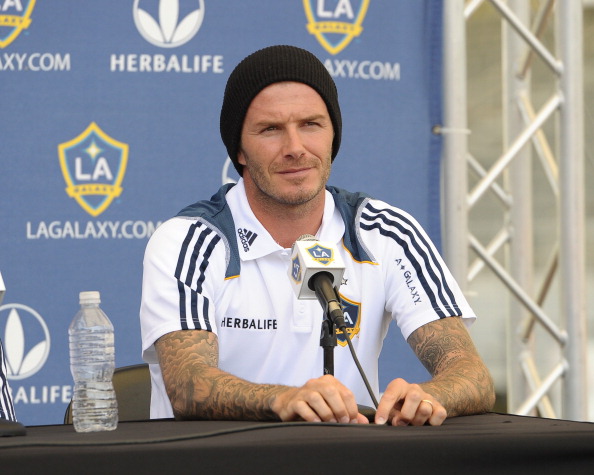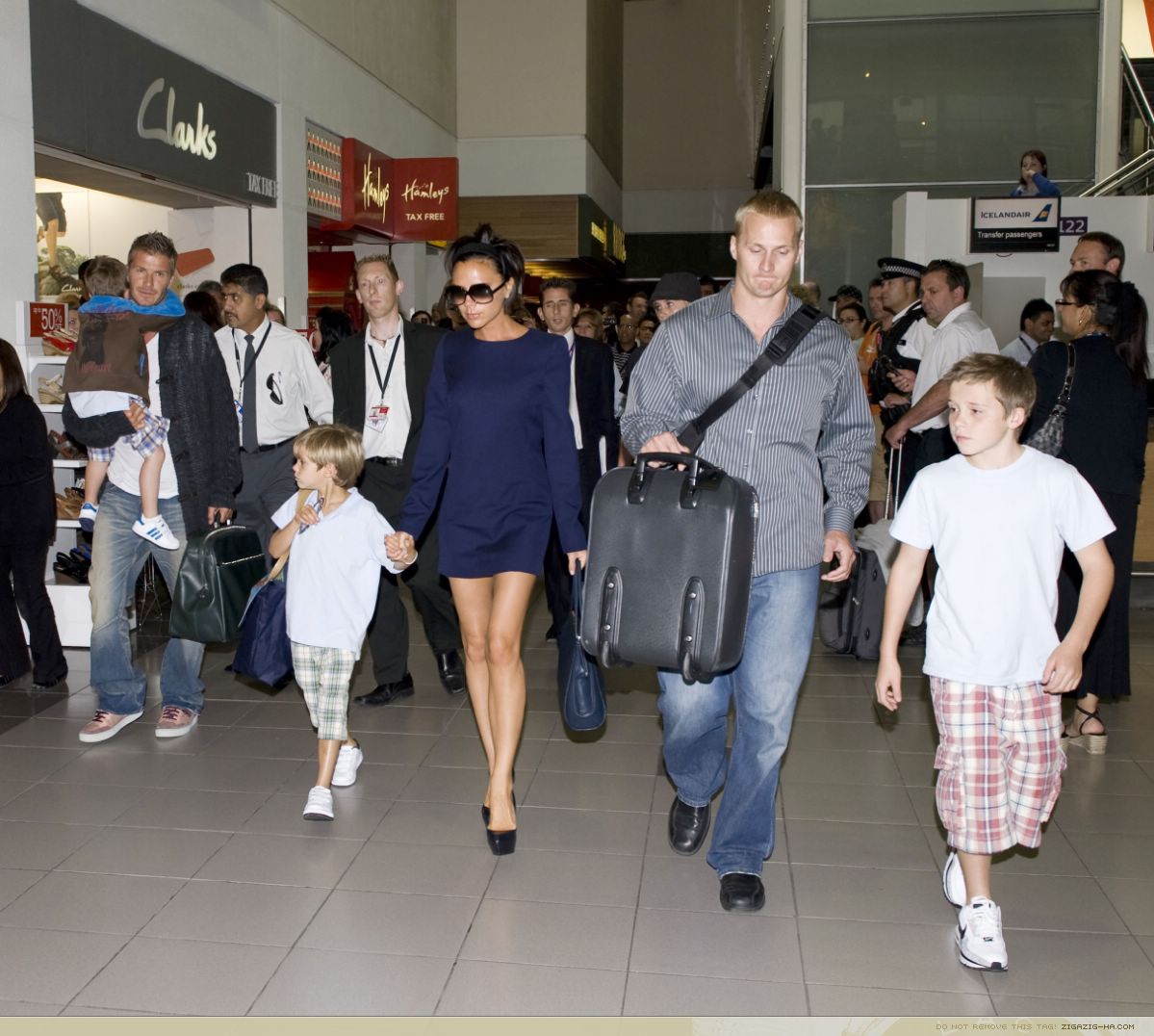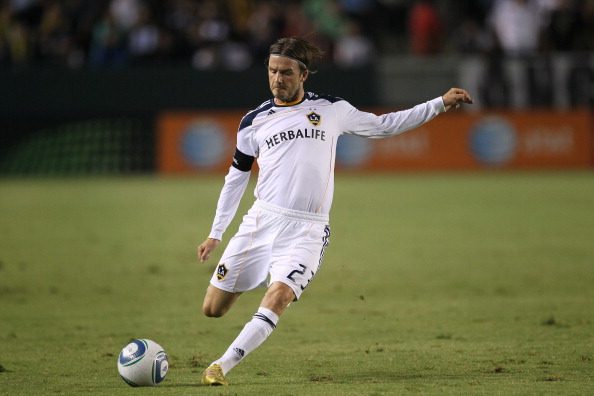So David Beckham is wanted by Paris Saint-Germain, according to a BBC headline.
It is an arresting story, but would it make sense?
Well, yes, actually, I think it would – though the reasons have little to do with the former England captain’s capacity for delivering pinpoint crosses from the right touchline.
It seems to me that Paris Saint-Germain and Los Angeles Galaxy, Beckham’s current club, have some important things in common.
Most significantly, both are based in world cities, dripping with wealth, whose strong international popular images owe diddlysquat to their local football clubs.
In LA, the predominant popular icons are, of course, the film stars created by Hollywood’s dream factory; in Paris, they are the designers, models and chefs who populate the worlds of haute couture and haute cuisine.
The essential point about Brand Beckham is that it supersedes football.
From his point of view, the link with Hollywood could be seen as extending, or “stretching”, his brand in a useful direction, but in a way that was not too out of kilter with what it already represented.
An opportunity to establish similar ties with Parisian chic might enable him (and his wife) to repeat this trick to equally lucrative effect.
To have a prayer of staking out their own space in such crowded cultural marketplaces, meanwhile, clubs such as Paris Saint-Germain and Los Angeles Galaxy must have a flair for the Grand Gesture.

It would have been hard, on Planet Football circa 2007, to conceive of a gesture grander than translating Beckham to the palm-fronded west coast of the US of A.
Now Paris Saint-Germain, flush with their Qatari millions, may be poised to attempt their own Big Splash.
Make no mistake, the French capital is no more a traditional soccer city than Los Angeles.
Yes, they have featured in two of the past four World Cup finals.
And, yes, unlike the United States, France does have traditional soccer towns – Marseille is one; Saint-Etienne another.
But Paris, most decidedly, is not one of them.
While Saint-Etienne and Marseille have won 10 league titles apiece, Paris Saint-Germain have claimed just two, the most recent in 1994.
Think of Saint-Germain and you think not of shin-pads and bicycle kicks, but of Jean-Paul Sartre and Simone de Beauvoir, of pavement cafés and flâner dans les boulevards.

In Los Angeles, there are entrenched competing sports brands – most particularly the Lakers and the Dodgers – which add to the scale of the challenge facing LA Galaxy.
In Paris, this does not really apply.
The strongest sporting brands are probably venues such as tennis’ Roland Garros and the Longchamp horseracing circuit.
The administrative hub of a highly centralised country, Paris is just not a town that has ever taken sport especially seriously – except intermittently as an expression of nationalism.If this is to change, it probably needs a bombshell, such as the arrival in town of la famille Beckham, to get things moving.

On a smaller scale, the story of the Stade Français rugby club gives a flavour of what might be possible.
Under the guidance of one-time radio executive Max Guazzini, the club went in 15 years from the French lower leagues to become one of the powerhouses of the European game, with the aid of aggressive marketing tactics such as a pink away strip and the “Dieux du Stade” nude calendar featuring its players.
“You have to seduce the public, especially in places such as Paris,” Guazzini told me, when I interviewed him a few years ago near the Parc des Princes.
“In communications, it is always by trying something different that you attract attention.”Last time I went to see Paris Saint-Germain, probably about 15 years ago, I watched them lose 6-1 at home to Juventus Turin.
The signing of Beckham would do less to prevent a recurrence of that sort of reverse than the recent arrival of other less well-known players such as Javier Pastore.
But “attract attention”, yes, it would do that alright.
David Owen worked for 20 years for the Financial Times in the United States, Canada, France and the UK. He ended his FT career as sports editor after the 2006 World Cup and is now freelancing, including covering the 2008 Beijing Olympics and 2010 World Cup. Owen’s Twitter feed can be accessed here.

.jpg)